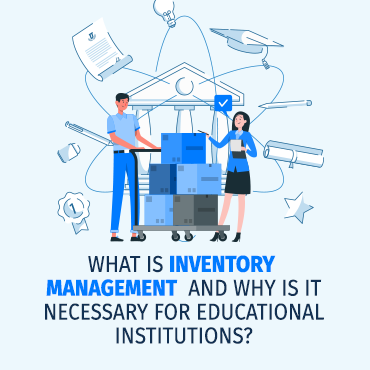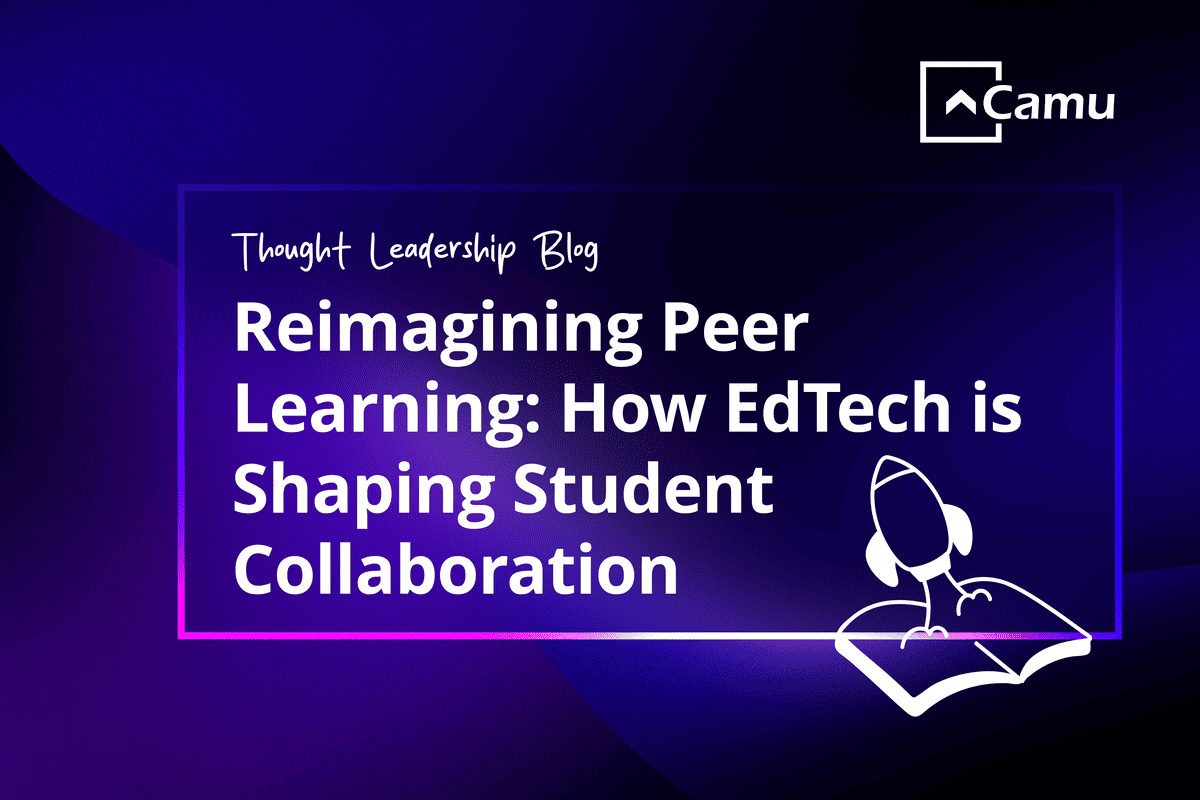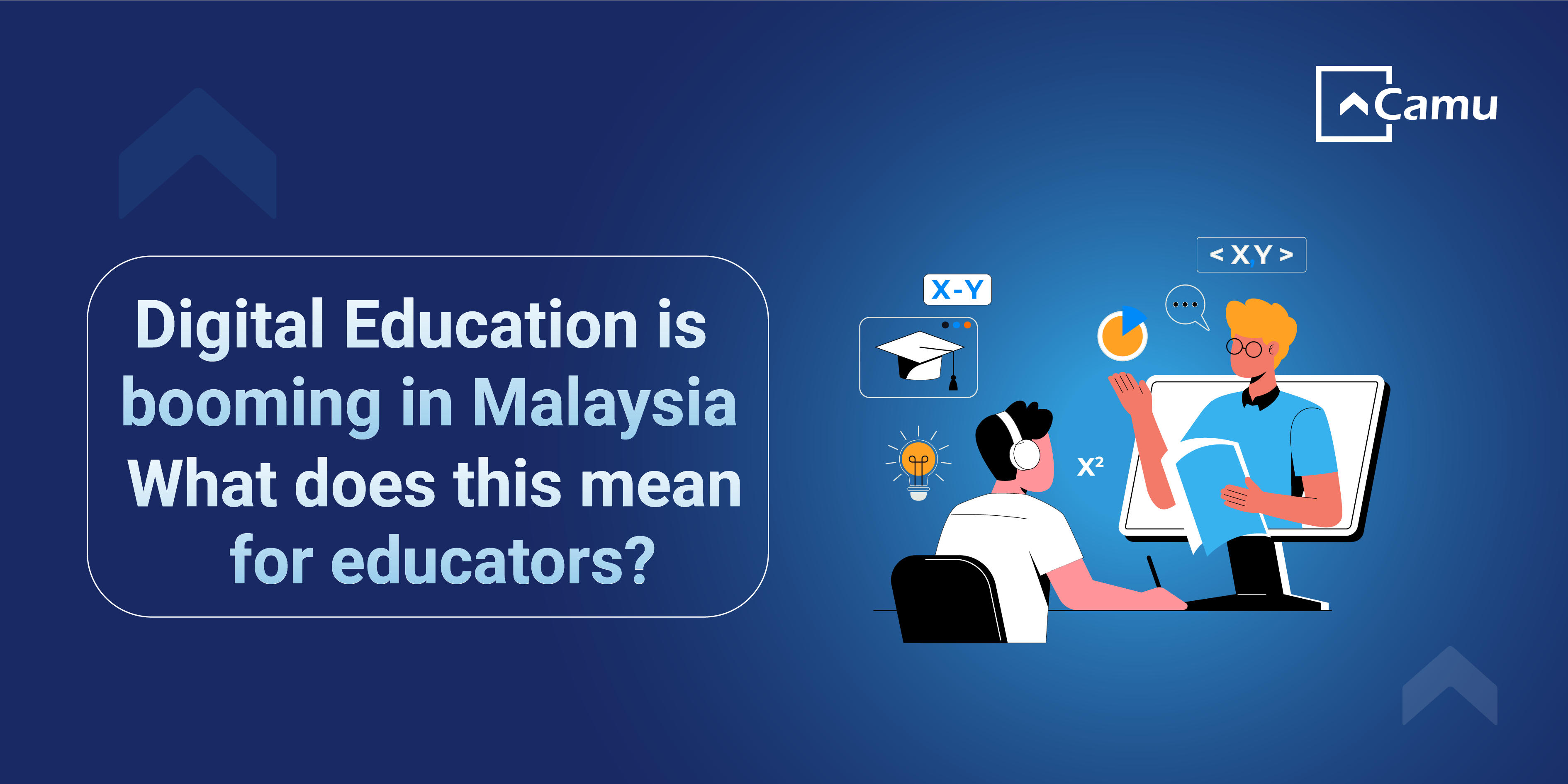Table of Contents:
How Can You Be a Responsible Digital User?
Why Should You Take an Active Role in Learning?
How Can You Collaborate Online?
Mastering The Choice-Based Credit System
How Does Microlearning Help?
Why Should You Keep Learning New Skills?
Is Technology a Replacement for Teachers?
When Should You Unplug?
What’s the Key to Success with EdTech?
Technology has totally changed the way students learn. EdTech offers many tools, ranging from smart apps to virtual classrooms. These tools make studying easier and more engaging. But having access to such tools is not enough. What matters is how you use these tools effectively.
This guide offers simple, practical tips to help you make the most of EdTech in school or college.
How Can You Be a Responsible Digital User?
Using technology wisely starts with being a responsible digital citizen.
Wherever you have an online account, ensure you use strong passwords. Enable two-factor authentication wherever it is available. You must check your privacy settings often to ensure they are set appropriately.
Be very cautious when sharing any personal information online. Also, you must be careful not to share information about other people without their permission.
On the Net, there is as much fake news as there is real information. Ensure you use reliable sources. It is better to verify everything that you read online.
Whatever you post online can spread really fast. Be respectful to people in your posts. It is always better to avoid harsh language. Once posted, online content can be difficult to delete.
Always credit your sources whenever you borrow text, images, or videos. Make sure the citations are correct.
If you see bullying or unkind behaviors, report it. Kindness matters — even more so in the digital world.
Why Should You Take an Active Role in Learning?
To make the most of EdTech, it is important that you participate actively. Passively watching videos or reading notes is never enough.
You can test your understanding by trying out online quizzes. You could also try out simulations if the platform offers such a feature.
It is rewarding to participate in discussion forums. It helps you learn from others. You may ask questions to clarify your doubts or post responses to other people's questions. You may use online whiteboards for brainstorming with classmates in real time. Shared documents can be used to exchange ideas.
Being an active learner helps to remember more. It also helps you build communication and team skills, which are very important.
How Can You Collaborate Online?
In today’s world, team projects are often done online. Learning to work well in a virtual space is an essential skill.
Firstly, you must strive to clearly understand your role in the project. You must have a clear idea of what your team needs from you and how you can put your strengths to good use for the project. Likewise, you also ensure everyone in the team has a role and takes responsibility.
Read all messages carefully and stay attentive throughout team meetings. Ensure you don’t miss out on any threads during discussions.
Disagreements can happen in any team. Be respectful of all team members and try to find common ground through open discussion.
Mastering The Choice-Based Credit System
The Choice-Based Credit System (CBCS) puts you in charge of your learning. You should choose courses that excite you. You may also explore other subjects that are not directly part of your field. This helps you discover new skills and gain a wider perspective. If the institutions offer such options, go for teaching styles that match how you learn best.
With CBCS, you develop independence, decision-making, and a love for learning that lasts beyond college.
How Does Microlearning Help?
Microlearning involves short, focused lessons, typically offered over mobile phones. It is particularly well-suited for busy students. The material may be in the form of text or short videos, or podcasts. You may choose the format that best suits you.
The bite-sized content helps you to maintain your focus. It helps you not to feel overwhelmed by the content. The mobile apps may be used to learn at any time that suits you. With microlearning, you may use your time during commutes or short breaks productively.
Microlearning is particularly helpful for revising topics that you have already learnt. It helps boost your memory and understanding.
Why Should You Keep Learning New Skills?
The workplace is changing fast. You need to keep learning to stay ready. You may either build on what you know or explore something new.
Learning by doing is always better. Wherever possible, you must choose courses with real-world projects.
Even if a course is online, you must take it seriously. You must join the discussions and ask relevant questions to clarify your doubts. You can use progress-monitoring tools to stay motivated and assess where you stand.
Is Technology a Replacement for Teachers?
EdTech is helpful, but it can’t replace human connection. Use the online materials to support what you learn in class. The videos, articles and expert talks help you go deeper into the subject. Yet, remember that real conversations still matter. Ensure that you talk to your teachers and take their help whenever needed.
When Should You Unplug?
Taking breaks from screens can actually help you learn better. Breaks can help you refresh your mind. It can fuel your creativity. You can go outside and relax. Or, you can take up a hobby.
Face-to-face chats help us build relationships and understand each other better. Reading physical books can improve your focus and memory. Balancing the use of technology and offline methods is important.
What’s the Key to Success with EdTech?
Technology gives you powerful tools, but the real key is how you use them. Stay curious, think critically, and take charge of your learning. With the right mindset, you can make EdTech work for you in school, in college, and throughout life.





